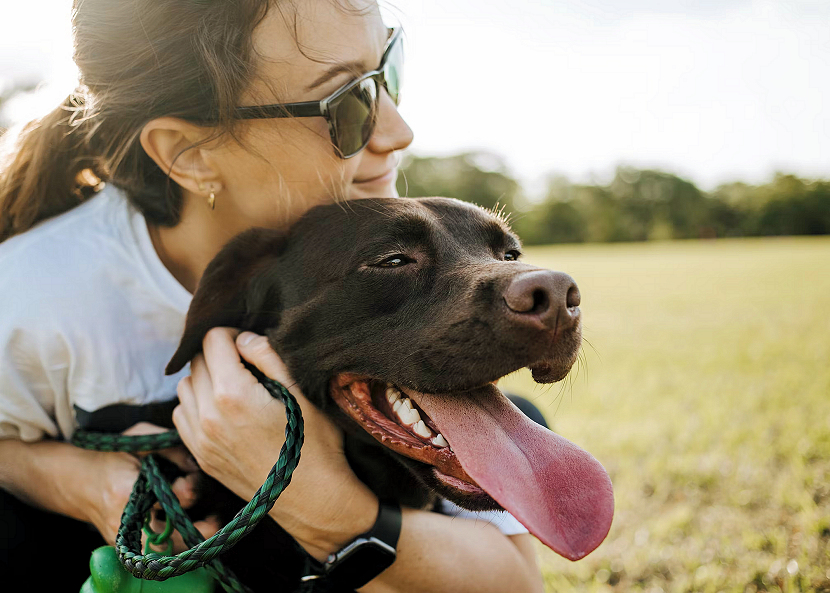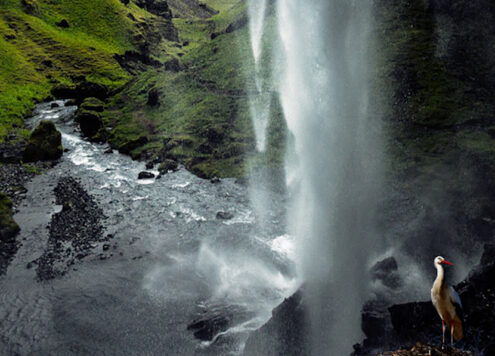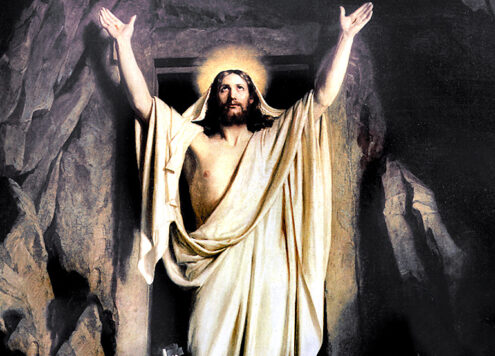Ester Adler, who lives in Israel now, owes her life to a Great Dane who saved her from certain death in a slave labor camp during the second World War. All animals are God’s creatures, and should be treated kindly. You never know when an animal will save your life, literally.
This is Ester’s story:
“I was never afraid of people or dogs when I was a child, but when the Nazis entered my life, I became afraid of people. My father gave me a most loyal, loving, canine friend to keep me company while he and mother were at work.
“He was a male terrier and answered to the name of “Motek.” I played with him, teased him, bathed him and fed him. I would talk to him, and my soft, low voice seemed to get through and calm him. People used to say that my voice could quell a volcano.
“After the Germans came, we were forced to live in the Warsaw ghetto. The Nazi’s murdered my father; my mother starved to death in a slave labor camp; and my beautiful dog was shot by the Germans. The ghetto in Poland was burned to the ground, and I was placed on the transfer list to A slave labor camp.
“The Camp Commander ruled with an iron fist. His men patrolled the area with vicious guard dogs to prevent resistance or escape. No one had a friend, except for me. Surprisingly, I shared my friend with the ruthless SS Commander. I didn’t know the dog’s name, but I called him “Kelev,” the Hebrew word for dog. He was the only thing that seemed to bring an occasional smile to the hard face of the Camp Commander.
“Kelev was a magnificent Great Dane, with smooth black and white fur contoured by every muscle into a picture of strength and power. His dark eyes were sad and penetrating. He had free run of the camp and sniffed and barked at the grimy prisoners. He frightened and terrorized them, but not me. I talked to him, petted him, played with him, calmed him, and we became friends. It meant so much to me to have someone to talk to, to care for, to caress, to be snuggled up against. He assuaged my feeling of hopelessness.
“One morning, we were ordered to assemble for “parade.” Those who appeared healthy were motioned to one side to be shipped to factories, and those who looked too ill to work were ordered to the other side, to be shot. I was sent to join the condemned.
“Suddenly, I heard a yip and a bark. I looked to see the Great Dane move away from the Camp Commander. Kelev walked slowly, carefully, powerfully and majestically toward me, his eyes never leaving mine. His tail swung in a deliberate, even beat like a metronome as he came alongside me to be caressed. I bent over, smiled at him, talked to him, stroked his head and back, rubbed his sides, and softly said my farewell. He licked my bony hand.
“Much to my surprise, the stony-faced Camp Commander suddenly called to one of the officers, motioned toward me, and I was ordered to leave the group of the dead and join that of the living.
“Kelev saved my life. He walked beside me, close to my bony legs, as I took my place among the living.











5 Comments
Catherine McGlynn
The dog taught his master something too.
Hugh Duffy
Good comment, Catherine.
Bartholomew Okere
Fr. Duffy, a very compelling story of Esther, my late mom’s name sake. Dogs can be friendly & sensitive in most cases.
Thanks for sharing!
Leonard Ntaate Mukasa
I read Victor Frankl 1946 book. “Man’s Search for Meaning ” based on survival in a Nazi concentration camp at end 1900s.
Ester Adler will be another story embedded in memory. I have no intention of getting a dog though!
Thank you, Fr Hugh
Carole Anne Fisher
What a beautiful story amongst the ugliness of mankind. A story of kindness, compassion, love and devotion. Thank you so very much for sharing this.